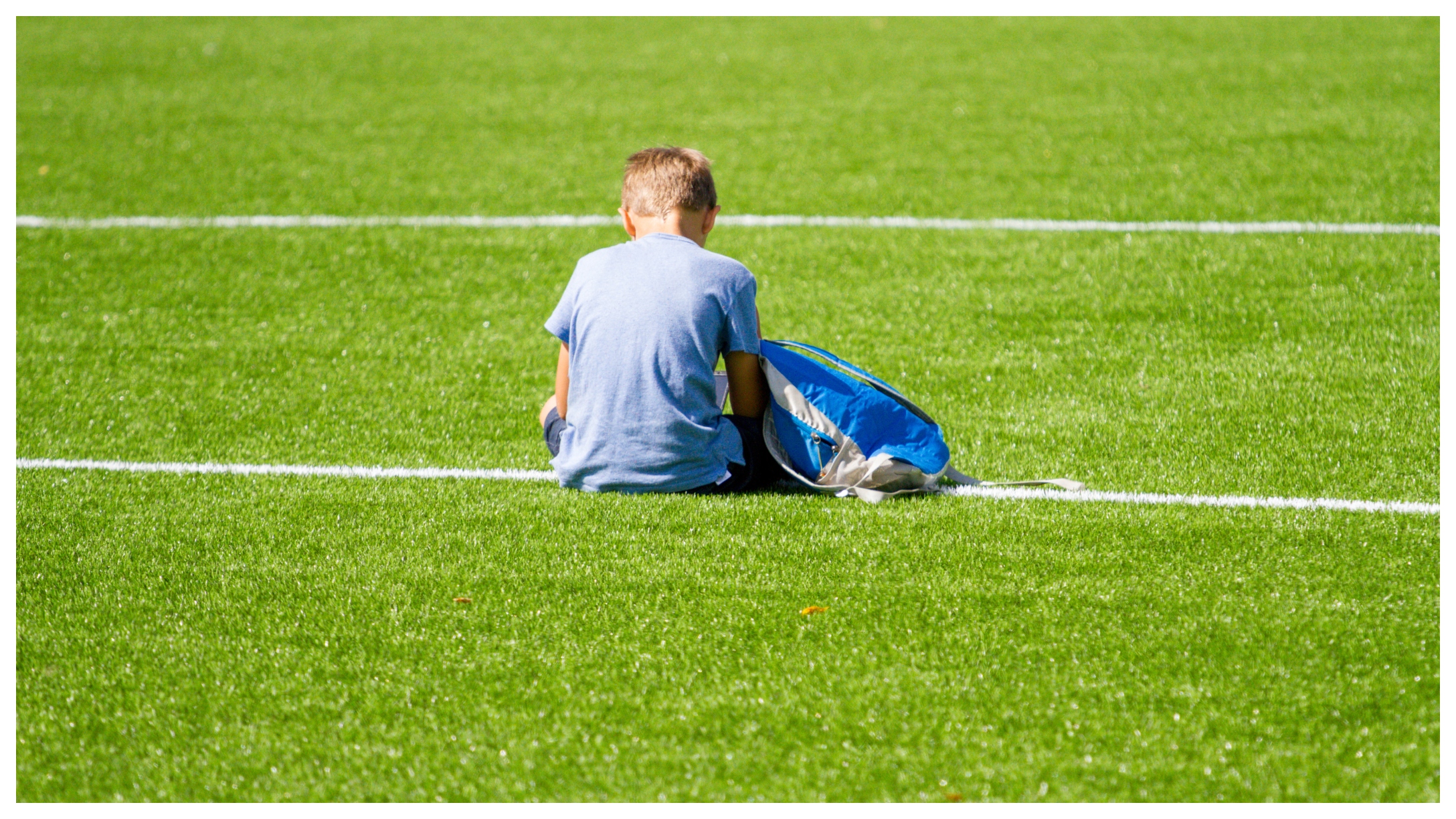
Last year, my ex-husband signed our 7-year-old up for wrestling. I was skeptical about the class, not because I was terribly worried about him getting hurt, but because it seemed like a big undertaking. The class was two hours long and all ages. I wondered if my son, as one of the youngest in the group, would feel overwhelmed.
My kid is really adventurous, though, and he said he wanted to wrestle. So we gave it a shot.
It wasn't long before he started saying he didn't like the class. He said it was boring, that he didn't want to go, and that he felt scared when someone hurt him.
Of course, we kept making him go to the class. After all, we had paid for it. We took turns dropping him off, week after week, hoping for the best. But his disdain for the classes only grew.
Before I knew it, my son was in full blown meltdown mode before it was time to go to wrestling. Sometimes it started first thing in the morning on Thursdays — the day he knew the class met. He'd cry and start begging me not to make him go over breakfast. I started to worry about how genuinely overwhelmed he seemed about going to practice.
I talked to my son's father about the lessons. "Maybe he's too young for such an intense class," I said. "I know he said he wanted to try it, but it's clear he's not enjoying it at all. He seems really anxious."
But my son's dad wasn't really hearing me. He believed that we had paid the money and bought the wrestling shoes and that he should complete the next several months of classes. I couldn't say that I didn't understand his stance. Of course I did.
Still, I kept thinking about how clear it was that my son wasn't enjoying the classes. And honestly, at 7 years old, shouldn't extracurriculars be fun? Yes, starting something and seeing it through till the end can sometimes feel good, especially if you end up really enjoying the activity. But halfway through the program, my kid was still crying before classes. He was only growing more anxious about going to an activity each week that he genuinely hated.
I started to wonder what the point of making him go actually was.
I'm someone who believes in hard work. And I understand that my kids will have to do plenty of things in their lives that they don't want to do. But I also understand that their mental health is the single most important thing. As their mother, I'm simply not going to force them into doing something that is in no way necessary just to prove a point. I'm going to listen to them and value their feelings. That doesn't mean that they don't have to go to school or do chores. But it does mean that they get some say in picking and choosing their hobbies. After all, recognizing what brings us joy is absolutely invaluable to living a happy life.
Finally, one afternoon after school, my son was clearly overwhelmed. It was his dad's night to take him to wrestling. Whether he went or not wasn't exactly my call, but I knew just how relieved my kid would be if he didn't have to go. I spoke to his dad and fully expressed how truly overwhelmed he was feeling with the class. Finally, we agreed to let him quit.
I don't plan on letting my kids quit everything they don't like — that isn't the point. But after the wrestling class disaster, I do plan on making sure they are invested in something before I sign them up for it. Still, sometimes kids make mistakes when trying to decide what will be good, productive, fun, or meaningful for them. If something is bringing far more stress than enjoyment, I'm not sure the "push-through" mentality is always best.
Personally, I want my kids to feel heard when they are communicating that a class, a teacher, or any part of their life is causing them too much anxiety to keep up with. But more than trusting me with their feelings, I want them to trust themselves, too. In their adult lives, there will be plenty of things — jobs, relationships, paths — that they'll have to quit.
And sometimes, it's the best decision there is.







